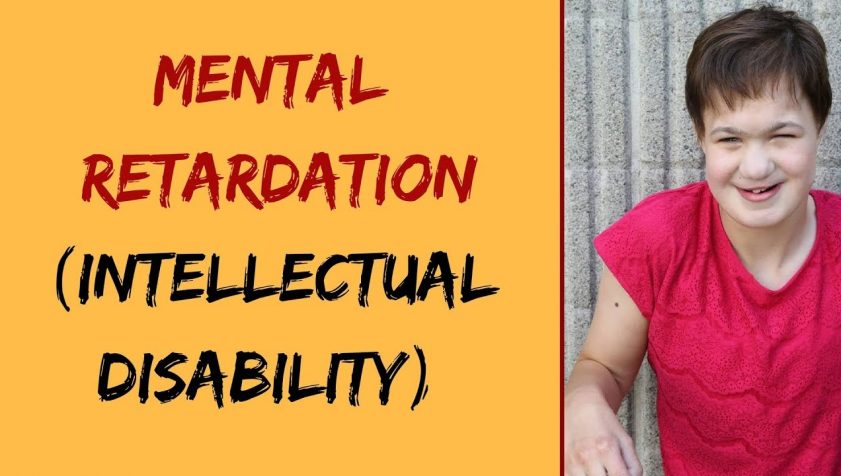- Mental hindrance (MR) is characterized by the synchronous appearance of a low learned level and a failure to adjust to the requests of the environment, starting either in youth or during immaturity. In spite of the fact that it is to expected that later on it will get conceivable to treat scholarly handicap itself by pharmacological methods, at present we can just follow up on the social and neurological disorders that go with MR.
Advancement AND CONCLUSIONS: This survey takes a gander at the diverse pharmacological operators that may improve the issues that normally make it progressively hard for a patient with MR to adjust inside the family, at school and in the working environment. The neuropsychiatric issue that regularly require pharmacological treatment incorporate consideration deficiency, hyperactivity, conduct issue, mental imbalance, uneasiness, forcefulness, self-injury and emotional issue. The most often utilized medications are energizers, atypical antipsychotics and specific serotonin reuptake inhibitors (SSRI). Their qualities and application in the various circumstances that require clinical consideration are portrayed. The pharmacological treatment of certain normal hereditary disorders that include MR and which are exceptionally explicit in their conduct articulation are likewise examined.
The treatment of mental impediment is overwhelmingly nonmedical. It includes instruction to accomplish maximal learning potential, habilitation, professional preparing, and standardization of social and recreational exercises.
Most youngsters and grown-ups don’t have medicinally recognizable reasons for their psychological impediment. Be that as it may, for a minority of those with a quantifiable clinical etiology, brief clinical treatment might be of incredible advantage.
- The treatment of this significant minority will be talked about before managing the more extensive issues of the instruction and preparing of retardates and the necessities of their families.








